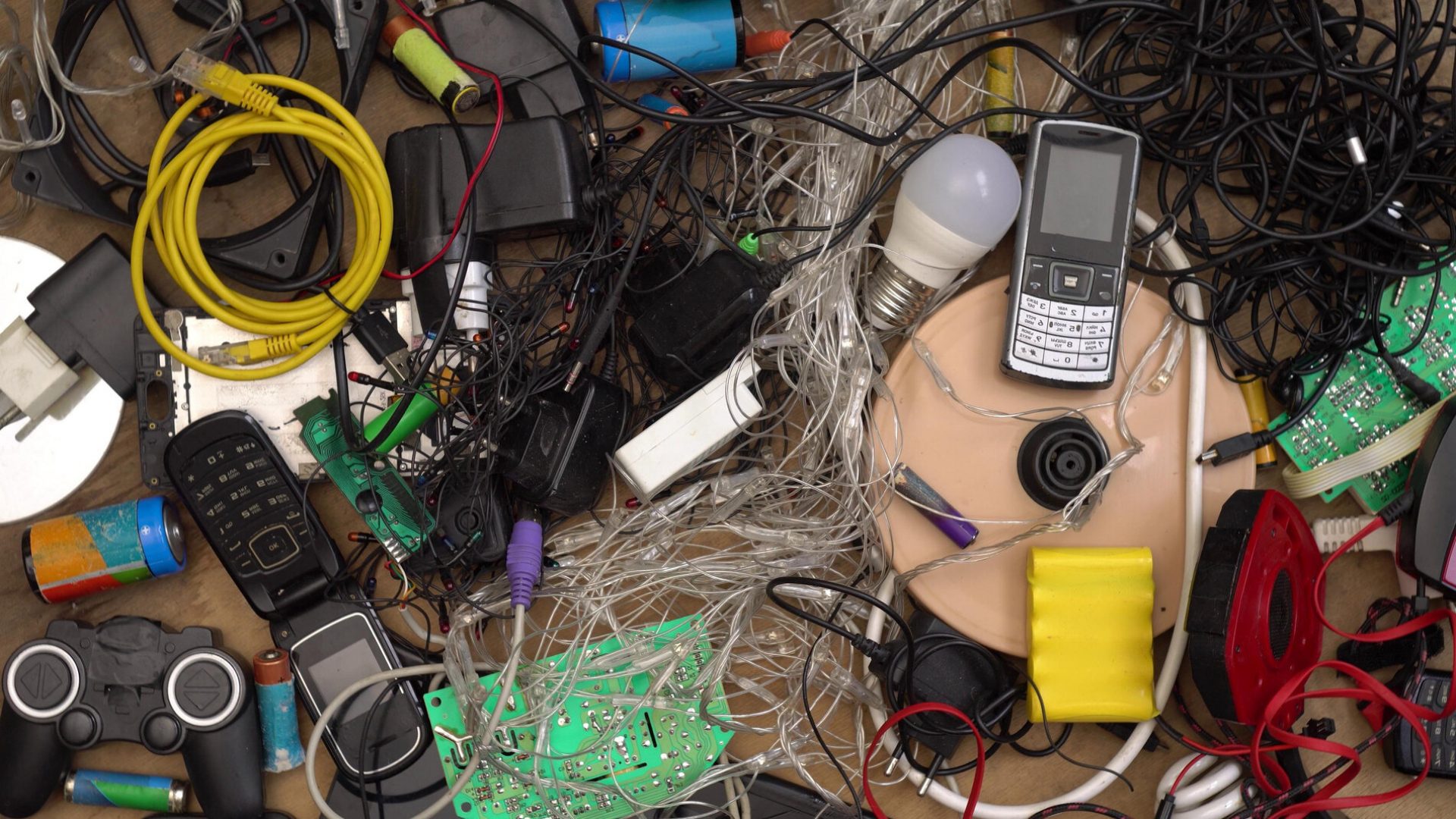Together we are open. Together we are stronger.

From 2024, together we are OPEN. All employees from both organizations look forward to the new partnership. We are eager to do our part for a healthier, cleaner environment even more effectively. This merger will lead to myriad synergistic benefits with regard to the implementation and more effective workflows.
Our partnership will also lead to strong, unambiguous communication with both consumers and business users about the separate return of appliances, built-in and loose batteries and bicycle batteries. The benefits do not stop there. For example, we can further streamline the collection process, establish a larger helpdesk and back office and optimise our logistics.

What is Stichting OPEN?
The Organization for Producer Responsibility of E-waste Netherlands (OPEN) implements the legal producer responsibility for e-waste on behalf of all manufacturers of electrical appliances in the Netherlands.
